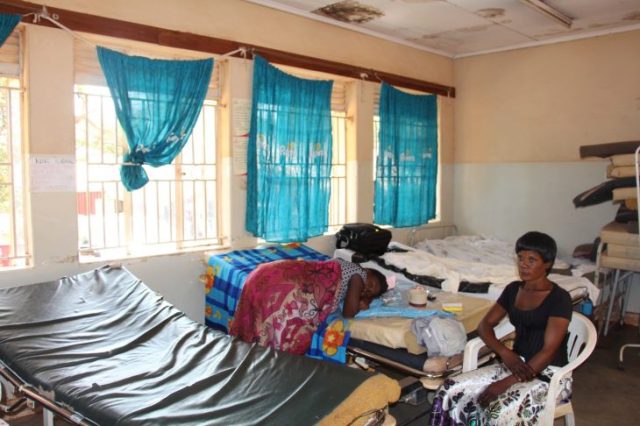
Now that the budget period is upon us, there is a lot of talk about what is important or not for Uganda’s economy. Oil as it is, comes high on Uganda’s development agenda for the years to come, a magic wand of sorts to all our problems, they’ve said. In fact, the President, Yoweri Museveni reiterated this stance during his speech on 26th January 2017, when he said, all Ministerial budgets would be cut by a whopping 10% until the oil leaves the ground.
Sadly, this encompasses vital sectors of the economy, the health sector inclusive. From the look of things, it has already started as the sector budget has been cut drastically. The sector is considered one of the priority areas for achieving middle income status, however, in my humble opinion, if it is not adequately funded, it is not a priority. The priorities; energy and mineral development and the works and transport sector can be seen as they are an exception to the budget reduction decree, registering increases.
According to the Budget framework paper, the allocation for 2017/18 is projected at UGX 1,285 billion, UGX 568 billion (30%) less of the 2016/17 allocation of UGX 1,853 billion. The allocation is also UGX 963 billion short of the Second National Development Plan (NDP) target of UGX 2,221 billion for the third year. As a percentage of the overall national budget, the 2017/18 sector budget is 5.7% which is 9.3% short of the 15% prescribed by the Abuja Declaration on health that Uganda is signatory to.
A quick analysis of the budget also shows a reduction in the development budget of the sector and non-wage recurrent while the wage recurrent remains constant at UGX 378 billion. Reduction in the budget notwithstanding, more and more Ugandans are demanding health services, primarily attributed to the exploding population as a result of one of the highest fertility rates in the world. Isn’t it ironic then that this sector is expected to play a part in the development agenda given the well-known repercussions of underinvestment?
The ills that plague the health sector, are therefore far from over. Among others, the Primary Health Care (PHC) component of health that is dependant mainly on donor financing will continue to suffer as funding reduces, the doctor-patient ratio that currently stands at 1:24000 will remain the same or even worsen because no more medical practitioners will be hired given the stagnant wage bill. Retention of the staff is also going to hit a snag because, already, public health workers are demanding for better pay or their arrears. Since the development budget has reduced, many Ugandans will continue to travel miles to find the nearest health centre as we have to be frugal with the available resources. This is before we even tackle drug stock outs in public health facilities, forcing many to fork out thousands of shillings they do not have, to pay for health services. This creates a never ending cycle that feeds into an even broader array of ills that are detrimental to the progress of the system.
While overall funding is facing problems, there is another façade within the inner workings of the sector termed as ‘unfunded priorities’. In simple terms, these are critical areas in the sector that will not be funded due to the unavailability of funds. The sector in 2016/17 had a number of unfunded priorities, inclusive but not limited to ARVs for new enrolments, construction of a radiotherapy bunker, staffing gaps e.t.c. Ironically what was budgeted for adequately were trips abroad, welfare and entertainment, agricultural supplies, procurement of medical supplies which by the way is not their mandate and other items of a miniature nature. Some of the aforementioned items reappear in 2017/18 causing the Parliamentary Committee on the Budget in their report on the NBFP to recommend additional funds to salvage the situation.
Human capital development has been cited as one of the propellers of socio-economic growth. And a functional health sector is vital for healthy and productive population to see it through. Unless concerted efforts are made towards overhauling the Uganda’s health sector, many will not live to see the development we are supposedly heading towards.
